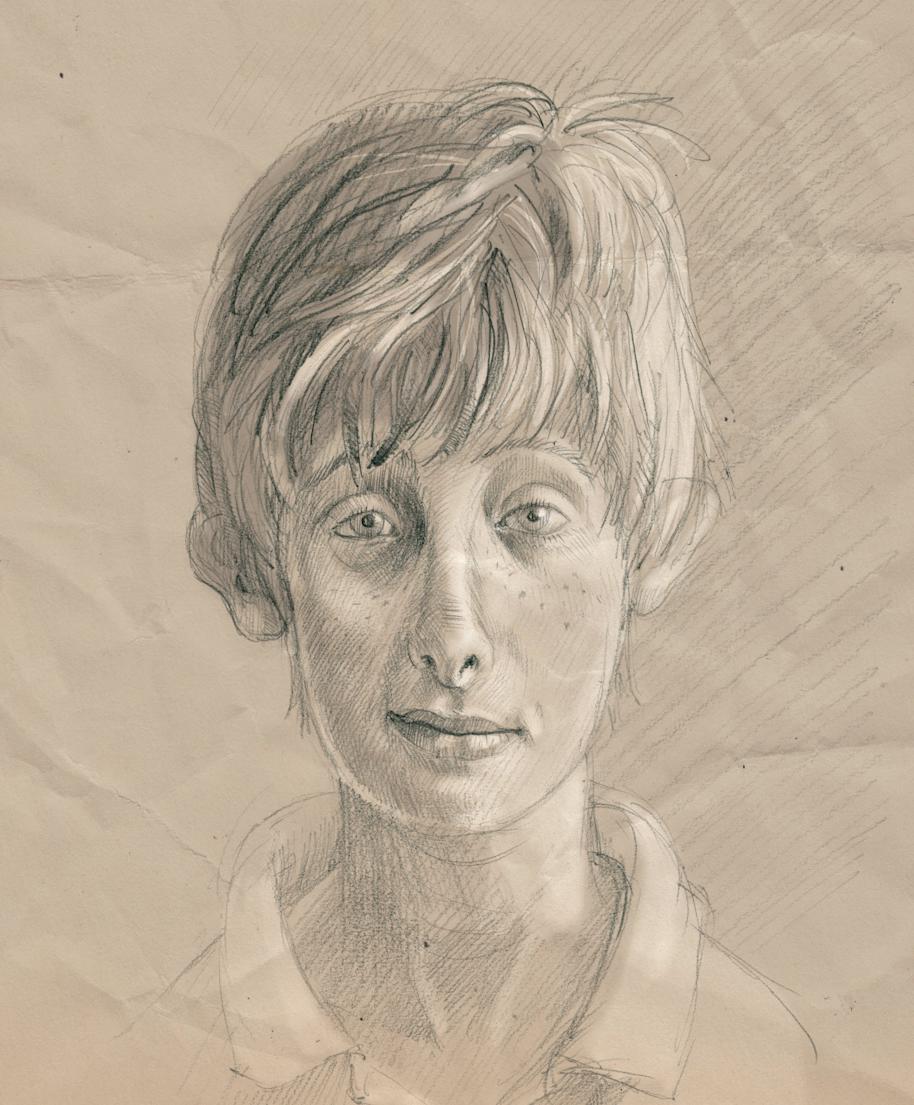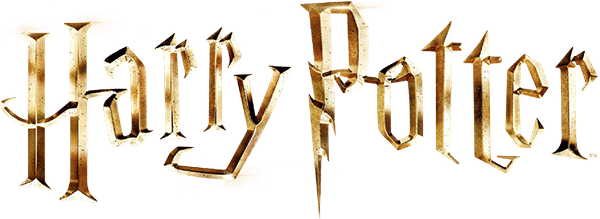
He may have brought the much-needed comic relief, but he also brought so much more. Ron was a hero in his own right, and a character very close to our hearts.

Transfiguration of a different sort
From Philosopher’s Stone to Deathly Hallows, Ron’s character underwent one of the greatest transformations seen in the series. Maybe not quite as significant as Percy’s (officious git to Ministry git and back again), but it could be argued that Ron changed more fundamentally than perhaps either Harry or Hermione.
To begin with, Ron was an occasionally insensitive, insecure and mildly jealous 11-year-old. By the end of the story, he’d matured into a man who knew his own worth, stuck up for those who didn’t have a voice, and learnt that he had no reason to be jealous of Harry.
He was a romantic hero
While Harry had his own romantic subplot, Ron and Hermione were the ones we always suspected would end up together. Being two-thirds of the golden trio, readers were treated to many moments between Ron and Hermione over the years that subtly showed how their relationship was changing. Remember Ron’s reaction to Hermione’s schoolgirl crush on Gilderoy Lockhart in Chamber of Secrets? Or that time he defended Hermione when Snape called her ‘an insufferable know-it-all’ in Prisoner of Azkaban?
Perhaps that time he got jealous (again) over Hermione’s fledgling relationship with Krum in Goblet of Fire? When he comforted Hermione after Dumbledore’s death in Half-Blood Prince? Or… okay, you get the idea.
The point is that Ron and Hermione’s relationship was one of best friends discovering that they love each other; a series of small and sweet moments over time. And it was these little moments that made us love Ron as much as Dumbledore loved sherbet lemons.
Harry looked over at Hermione and the question he had been about to ask – about whether Mrs Cattermole’s lack of a wand would prevent her Apparating alongside her husband – died in his throat. Hermione was watching Ron fret over the fate of the Cattermoles, and there was such tenderness in her expression that Harry felt almost as if he had surprised her in the act of kissing him.
Harry Potter and the Deathly Hallows
A faithful friend
You don’t need any of Sybill Trelawney’s tea leaves to tell you that Ron was a deeply loyal person. He may have complained that Scabbers was a useless pet, but Ron had a genuine affection for him – a sign of our favourite redhead’s caring and considerate qualities.
And when Seamus had a go at Harry on their first day back in fifth year, new prefect Ron stepped in. He even ignored his brother Percy’s advice to sever ties with Harry and confide in Dolores Umbridge. He’d do the right thing by his friends, even when his friends had been a bit… tetchy.
Underestimated and underrated
Standing next to Harry and Hermione, it’s easy to see how Ron might have felt underestimated; Harry was often seen as the brave one, Hermione as the clever one, and Ron as the funny one.
While it’s true that Ron was very funny (case in point: ‘And from now on, I don’t care if my tea-leaves spell, Die, Ron, die, I’m just chucking them in the bin where they belong’), he could be just as brave as Harry and just as smart as Hermione.
How many 11-year-olds would allow themselves to be knocked about by giant stone chess pieces that have been brought to life? Or followed their greatest fear, spiders, into the Forbidden Forest to find… an even bigger spider?
Ron also managed to destroy a Horcrux even as it played on his deepest, darkest fears: there’s a reason he was sorted into Gryffindor.
As for smarts, Ron demonstrated time and time again that he had a great strategic mind, as shown by his chess skills and ability to imitate Parseltongue – an entirely different language that is comprised of hissing noises – to open the Chamber of Secrets.
Ron may have sometimes been quick to jealousy, insecurity and anger – but he was also loyal, smart, brave and funny. He cared deeply for those close to him, and would stick up for his friends and family.
That’s why Ron is our Chosen One. His heroism wasn’t thrust upon him. He had to fight – sometimes against himself – to do the right thing. And in the end, he always did.




